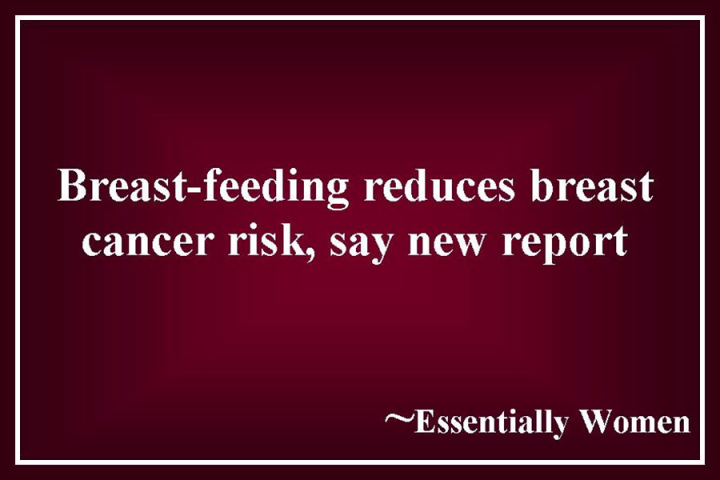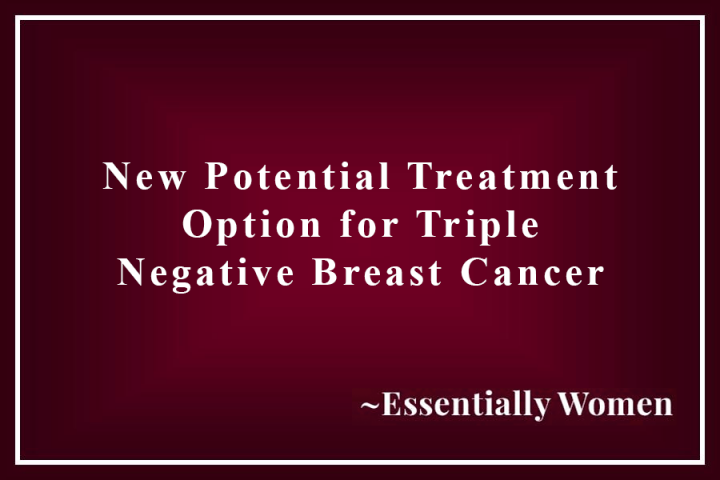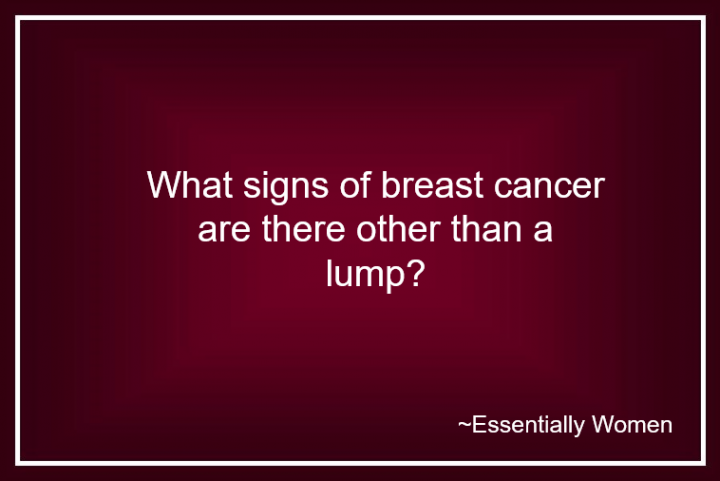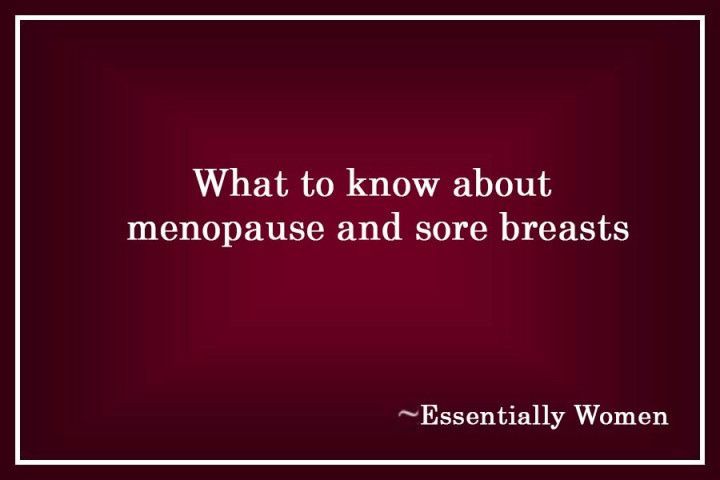Bella Intimates
Breast-Feeding Reduces Breast Cancer Risk, Say New Report

A review of the latest scientific research on breast cancer shows that there is strong evidence that breast-feeding can reduce women's risk of premenopausal and postmenopausal breast cancers.
A report on the review, by the American Institute for Cancer Research (AICR) and the World Cancer Research Fund (WCRF), has been released this week to mark World Breastfeeding Week. The report offers several possible explanations for how breast-feeding lowers breast cancer risk. One reason is that lactation delays when women start menstruating again after giving birth. This reduces lifetime exposure to hormones such as estrogen, which are linked to increased risk of breast cancer.
Another way in which breast-feeding may lower breast cancer risk is that, after lactation, the breast sheds a lot of tissue during which it may also get rid of cells with damaged DNA, which can give rise to cancer. The report also suggests that lactation may change the expression of genes in breast cells in a way that exerts a "lasting impact" on the risk of cancer development.
'EXCLUSIVE BREAST-FEEDING FOR 6 MONTHS'
Breast cancer is a disease that develops when abnormal cells in the breast begin to multiply and form a tumor. Although men can also get breast cancer, the disease arises almost always in women.
In the United States, breast cancer is the most common cancer in women, not counting skin cancer. In 2014, 236,968 women and 2,141 men living in the U.S. found out that they had breast cancer. In that year, 41,211 women and 465 men also died of the disease. The new report reviewed 18 studies on lactation and breast-feeding. From the 13 that evaluated the effect of length of breast-feeding, the report finds that for every 5 months of breast-feeding duration, there is a 2 percent lower risk of breast cancer.
In line with other agencies such as the World Health Organization (WHO), the AICR recommend that babies are breast-fed exclusively for up to 6 months before introducing other foods. Not only does breast milk provide infants with essential nutrients, it also boosts their immune system and helps to protect them from infection and asthma.
A recent report from the Centers for Disease Prevention and Control (CDC) on U.S. breast-feeding practices suggests that while breast-feeding rates continue to rise, recommendations on how long to breast-feed for and when to introduce other foods are not being met.
The CDC report shows that among babies born in 2013, the vast majority (81.1 percent) started breast-feeding, suggesting that most mothers in the U.S. want to breast-feed and try to do so. But by the time they were 6 months old, only around half (51.8 percent) of the babies were still breast-feeding.






